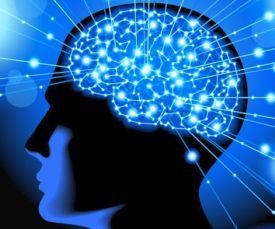
Brain is responsible for our mental performance and it is the most crucial organ in the human body. When the brain has no stimulation, the cells inside slowly die. Chess is a tool which gives a rigorous mental workout to the player. To get the most benefit from a physical workout, you need to exercise both the left and right sides of your body. Studies show that in order to play chess well, a player must develop and utilize his or her brain’s left hemisphere, which deals with object recognition, as well as the right hemisphere, which deals with pattern recognition. Playing chess will effectively exercise and develop not one but both sides of your brain. Scientists also claim that playing chess can improve mental age by up to 14 years.
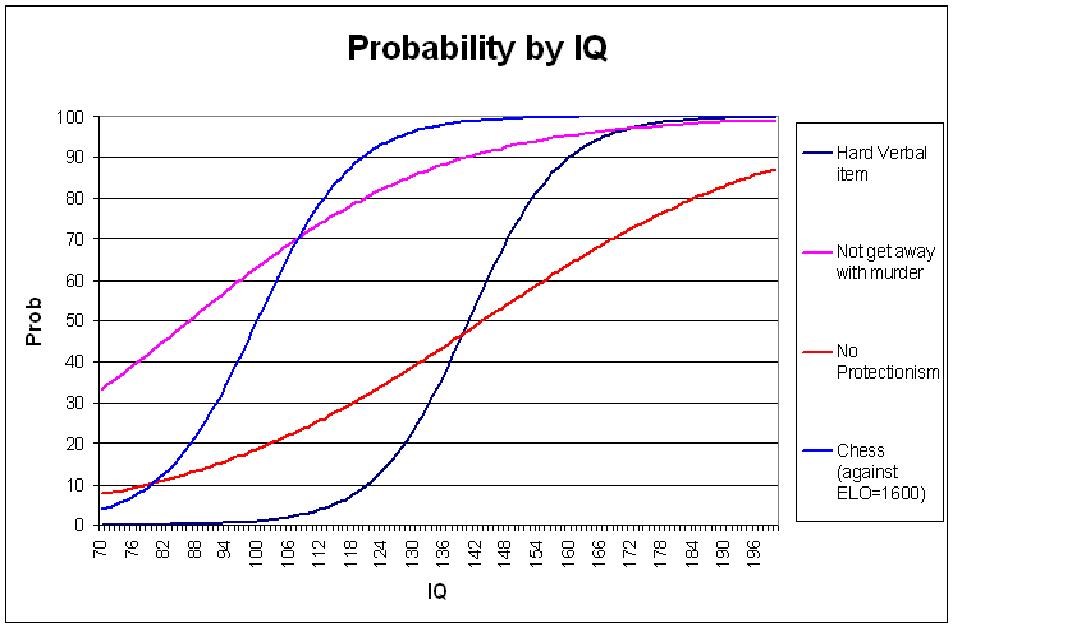
At least one scientific study has shown that playing the game can actually raises a person’s IQ. A study of 4,000 Venezuelan students produced significant rises in the IQ scores of both boys and girls after four months of chess instruction. So grab a chess board and improve your IQ!
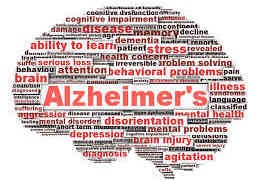
Physical workout or exercise helps us to keep physically fit. It is also important to give the brain a workout. Scientists have shown that chess helps keep Alzheimer's disease at bay, which is directly related to the loss of memory. There are many tactics and strategies in chess. Over the course of many games, players develop an almost natural feeling of when to use a certain strategy or tactic. This is where the benefits of improved memory shine. Players can quickly remember and use different strategies or tactics. The best part is that this benefit is not only limited to chess. Improved memory can be noticed in other areas of life such as academic performance, responsibilities, commitments, etc.

Cognitive ability is a very broad term, it includes perception, motor, language, visual and spatial processing and executive functions. This is a big list and it covers almost everything that you do. For example with executive function you can immediately recognize that the thing in front of you is square shaped and not round. While playing chess, each cognitive ability is stimulated because the game covers every part of our actions.
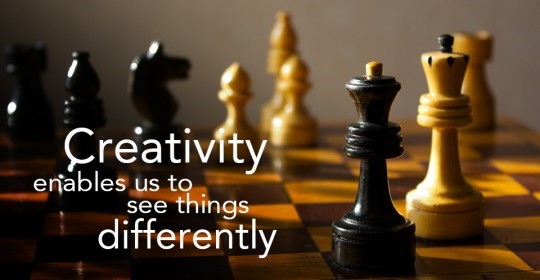
Right-side of our brain is responsible for creative or artistic thinking. Playing chess helps unleash our originality, since it activates the right side of the brain, the side responsible for creativity. One four-year study had students from grades 7 to 9 play chess, use computers, or do other activities once a week for 32 weeks to see which activity fostered the most growth in creative thinking. The chess group scored higher in all measures of creativity, with originality being their biggest area of gain.
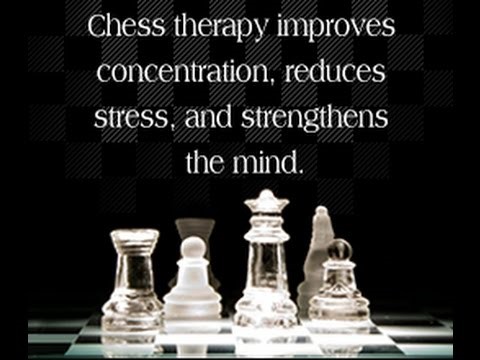
While playing chess, concentration is one of the most requirement of the game. It is impossible to play chess and think about something different at the same time. During the game, the opponent won’t tell which piece he or she moved, so you should be focused on the game, paying attention to every single detail and piece. In the result, playing chess will help you to develop concentration, not only in chess but also in different life situation.
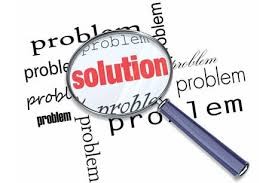
A chess match requires fast thinking and problem-solving on the fly because your opponent is constantly changing the parameters. A 1992 study conducted on 450 fifth-grade students in New Brunswick indicated that those who learned to play chess scored significantly higher on standardized tests compared to those who did not play chess.
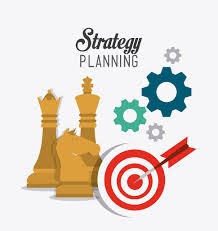
While playing chess, planning is very important, which becomes the part of the personality and makes the person always follow those rules. One of the last parts of the brain to develop during adolescence is the prefrontal cortex, the area responsible for judgment, planning and self-control. Because playing chess requires strategic and critical thinking, it helps promote prefrontal cortex development and helps teenagers make better decisions in all areas of life, perhaps keeping them from making an irresponsible, risky choice.

A strong chess player always analyses the position before playing his or her move. The ability to analyze a problem and derive the optimum solution is very important and affects a lot of everyday life. It is sometimes more difficult for people, that do not play chess, to analyze a problem. That’s because they are drifted from the uncertainty of a particular option, hence they hesitate to decide or even they are unable to decide at all. Whereas chess players, who analyze every situation they come against, then identify all the possible options and decide on a risk. This procedure happens every time they have to make a move and it becomes a habit. So, this attitude modifies as well their behavior away from the chess board. I believe that this game offers a structured way of thinking and players identify the most important information among a huge number of information items. Hence chess players can quickly arrive at effective tactics to solve a problem.
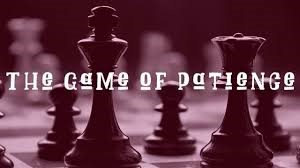
One of the best lessons chess teaches is definitely patience. A classical game of chess may take four hours or more. In order to win, a player should play optimally and wait for a major error by his opponent or force his opponent to make an error. After a few games of chess, all players learn the value or importance of patience. Confidence is an important skill that can be enhanced with a game of chess. At the initial stage a player finds it difficult to master the game of chess because it is a very complex. However, after spending sufficient time in learning and playing the game player makes progress which give him or her a sense that he or she can succeed after putting necessary efforts. This belief has helps the player in all areas of life and gives him or her self-confidence.
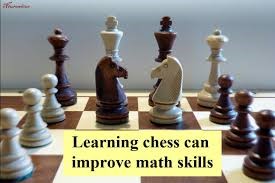
Chess is a game of prediction, calculation and pattern recognition. Anything from counting the number of attackers or defender in simple exchange requires calculating variations. Predicting consequences and pattern recognition are key elements of mathematics and chess.
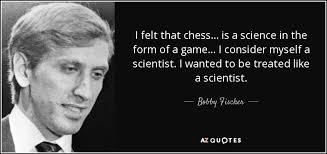
Playing chess develops the scientific way of thinking. While playing a game of chess a player generates numerous variations in his or her mind, explores new ideas, and tries to predict their outcome. Player decides on a hypothesis, makes a move and tests it.
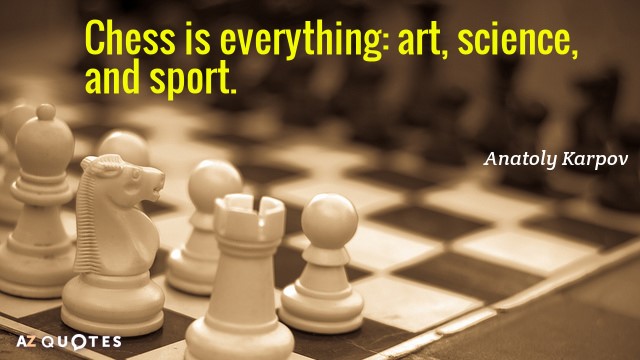
Chess enables the artist hiding within a player to come out. An imagination of a chess player will wild with endless possibilities on 64 squares. He or she paints perfect pictures of ideal positions in his or her own mind. Player tries to visualize a perfect outpost or position for his or her pieces.
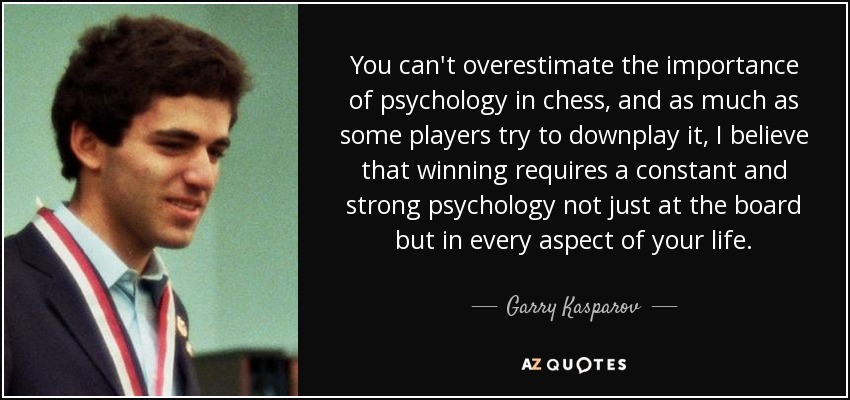
A game of chess is a test of patience, nerves, will power and concentration. It enhances your ability to interact with other people. It tests sportsmanship in a competitive environment. Thus a game of chess makes a player psychologically strong by developing a fighting spirit.
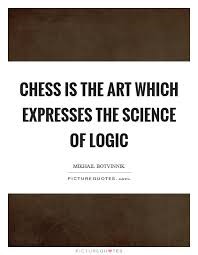
Every action has a reaction. This rule also applies to a game of chess. This requires logical thinking. Beginners are often surprised at the complexity of play at the top levels in chess. However a Grandmaster must still follow the same logical theories and themes as the beginner. This is because chess is a logical game.